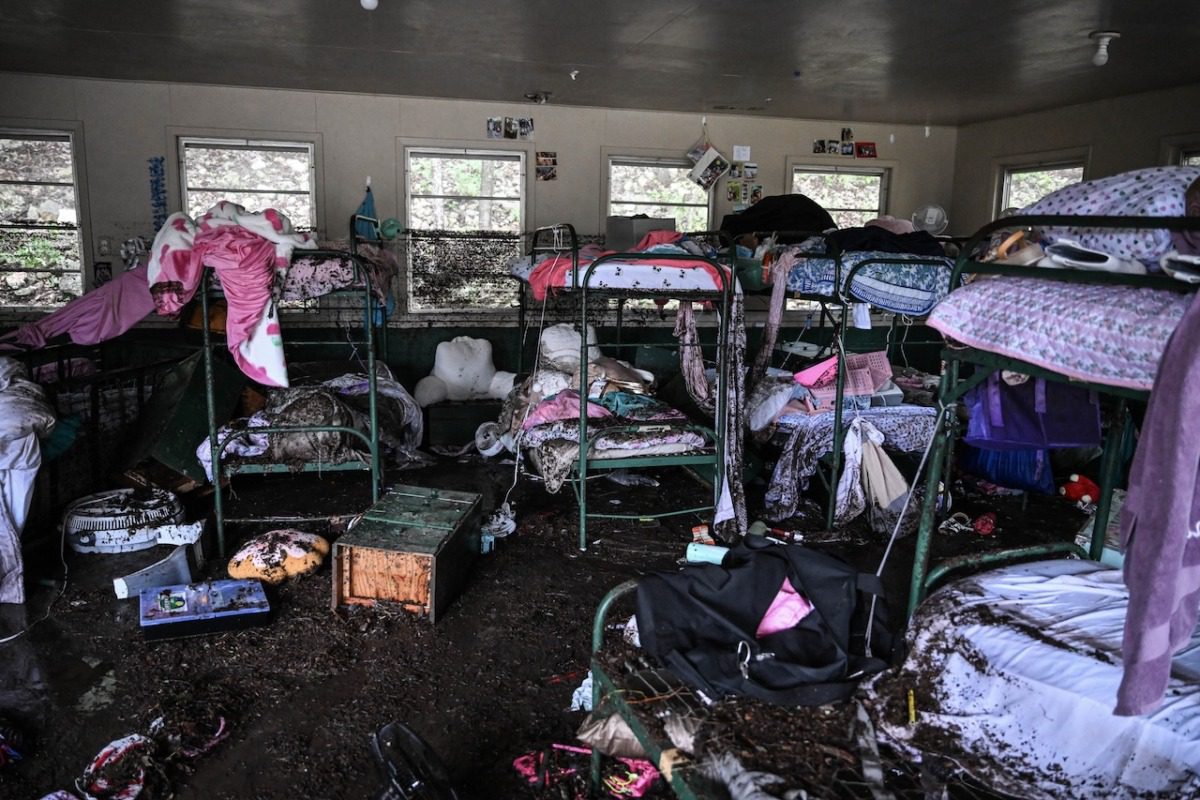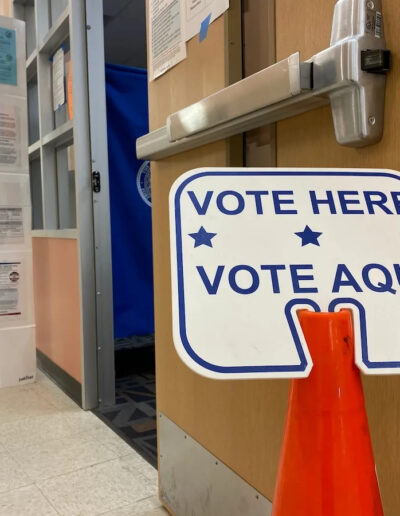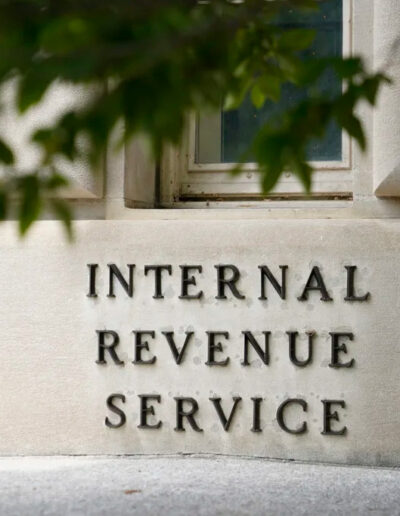
Jazzmine Crist arrived in Dallas in 2018, fresh from Tyler Junior College, where she graduated with an Associate’s of Arts degree. Leaving behind her small rural town of Rusk in East Texas, Crist came seeking better economic opportunity.
Now 25, she lives paycheck to paycheck while working a full-time job and renting a one-bedroom apartment—not quite the life she imagined.
Crist says that after paying her rent and bills, she usually has less than $300 left to cover daily expenses and savings. She budgets about $50 per week for groceries and spends an estimated $30 a week on gas. That doesn’t leave room for much else.
“I feel like every time a paycheck comes into my house, I have to look at where it’s gonna’ go before I even get it,” said Crist.
Her experience is not an unusual one in the Dallas area, where the cost of living has surged in recent years.
According to the Council for Community and Economic Research, Dallas exceeds the national average cost-of-living index, with health care, utilities, and the price of goods and services listed as the main culprits.
As a single household with no kids, Crist is on par with the reported average for rent and utilities in Dallas-Fort Worth, according to PayScale’s Cost of Living Calculator. The median rent in DFW is about $1,300 a month, while utility costs are 14% higher than the national average. DFW healthcare also surpasses the national average costs by 13%.
“If I’m stressed and the people above my pay grade are also stressed … then hopefully our local government will try to come up with a plan,” Crist said.
Dallas residents will get the chance to vote on a $1.25 billion bond proposal in May, part of which would go towards funding more affordable housing, which could help drive down housing costs for some residents.
In January, Dallas City Council Members also renewed an eviction prevention program with an allocated $240,000 that provides eviction prevention education and representation in court for tenants.
But the cost-of-living challenges facing the DFW region are years in the making—and will likely take years to address.
‘I don’t have money if something were to happen’
Motivated by her dreams of becoming a singer, Crist moved to the Dallas metroplex. Since she had never lived more than an hour away from home, Dallas seemed a more practical area to launch her music career as opposed to Los Angeles or New York City.
Currently, Crist works 40 hours a week making $22.57 an hour at Southeastern Freight Lines as a customer service representative, where she is paid weekly.
Crist was laid off from her part-time second job due to scheduling issues and declining physical health. This caused her to lose income that she would normally put into savings or use to cover miscellaneous costs, such as going out with friends. She is currently looking for another part-time job.
“With the second job … if I did want to do something extra, I could do it without wondering how I was going to eat the next week, because here in Dallas, if you want to go out you spend $60 at minimum,” said Crist.
While living with a roommate, Crist worked full time and saved money, she said. However, repeated arguments over late payments and hygiene issues in the home led to their separation. Crist now lives alone and plans to do so until she finds a compatible romantic partner, despite the harm to her finances.
“I can pay my bills, but I don’t have fluff money … I don’t have money if something were to happen,” said Crist.
Crist, like many other taxpayers, says she finds it difficult to work 40 hours or more a week and still keep up with the policies being introduced by elected officials on her behalf. She mentioned being in favor of the recent proposal from Senator Bernie Sanders from Vermont, who introduced a bill that would reduce the 40 hour work week to just 32 hours with no change in pay.
All eyes are on Texas’ Senate Race
The daily lives of citizens are often impacted by the legislation passed by representatives, who they get to vote in or out of office every two years. This year, Texas voters’ focus is aimed at the race between Republican Senator Ted Cruz and Democratic Congressman Colin Allred.
Allred and Cruz will go head-to-head on November’s ballot, as Democrats fight to maintain their one-seat Senate majority. The seat remains contested as Cruz holds one of the highest approval ratings of any statewide Republican elected official.
When it comes to the daily lives of citizens, both Cruz and Allred mention job security, tax cuts and investing in small businesses in their campaign platforms. Cruz, however, has drawn scrutiny over the years for voting for tax cuts for the super-wealthy and giant corporations, while opposing widely popular ideas like raising the minimum wage and allowing Medicare to negotiate lower drug costs for seniors—both policies Allred supports.
In February, Allred also voted to pass the Tax Relief for American Families and Workers Act. This bipartisan bill would expand and extend the Child Tax Credit and provide tax benefits for domestic research and development, small businesses, and low-income affordable housing. The bill passed by a bipartisan vote of 357-70, but has yet to get a vote in the Senate.
Crist hopes that whoever wins the Senate race—and their fellow lawmakers in Washington, D.C.—will actually start addressing the economic struggles that working-class Texans like her are experiencing.
“[Representatives] sit very comfortably making their yearly salary, not ever knowing what it’s like to experience what we go through on a daily basis, so it’s hard because a lot of the time I do ask myself, what can we do?” said Crist.




















